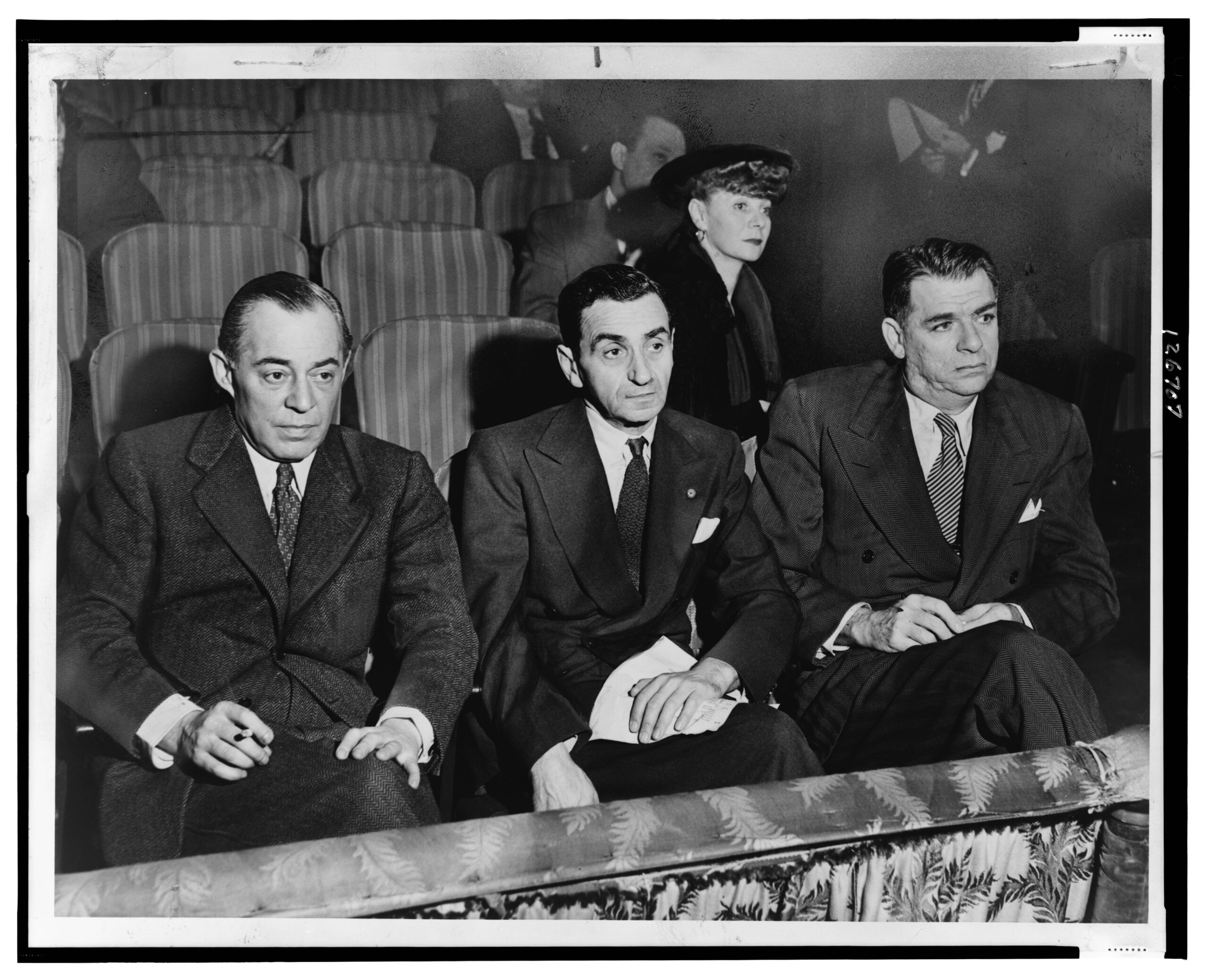
Once a year, most cities host a cattle call audition session that lasts for days and includes dozens of theater companies and hundreds of actors. In Seattle there’s the TPS Generals, in San Francisco they have the TBA General Auditions, and in Toronto they have the TAPA Generals. The various acronyms are not important, but what is important is the preparation, because general auditions are a little bit different than regular, invitational auditions.
What makes an Audition General?
Generally, auditors narrow the field of actors before they begin the audition process. They have characters in mind for the play or film they are casting and use those character types to select actors that might fit. If you’ve read our guide to finding an audition, you know hundreds of these auditions are posted online every day. In contrast, general auditions allow anyone, of any skill level or type, to audition, usually for a small fee.
The benefit of general auditions is the exposure. Because they are planned far ahead of time by a reputable organization, general auditions attract attention from theatre companies large and small who are searching for talent. In many cases, the audition room will contain film producers and agents as well.
What to Expect at a General
Actors typically sign up, pay their fee, and receive an audition time and place. The most important thing is to show up on time, ready to go. The time will probably be odd as they are scheduling auditions back to back, all day long. If something happens and you cannot make the audition, be sure to cancel in advance so you don’t look like a flake.
When you arrive, there will be a line. It’ll be full of actors of different ages and looks, unlike most auditions. You will get in line and wait. When you are on deck, you will be shuttled into an empty room and then you will be summoned to the audition. You will walk out on stage and have hundreds of eyes silently staring at you. People will scribble on their pads. They may yawn, because it’s a long day for everyone and you are just one of the hundreds of actors on the auditor’s list which has its advantages and disadvantages.
How to Prepare
Most importantly, take the time to prepare and be aware of the audition rules. Generals usually have a strict time limit around two minutes and actors must prepare appropriately. That is enough time to perform two, short, well-rehearsed monologues that show type and range.
Choose your audition pieces carefully. Avoid monologues that are overdone or contain offensive language. The overarching goal is to make a bunch of strangers like you, so try to make them feel happy and entertained. Your two audition pieces should be specific to your type and specialty. If you are a Shakespearean actor, do your best Shakespeare. If you aren’t, do a couple contemporary monologues. Whatever you choose, make sure you are comfortable and confident, because it will rub off on the auditors.
Take the time to thoroughly prepare for the audition. Read the entire play, research any words you do not know, and analyze your monologues intensely. Make interesting, motivated choices with your actions and words. At a general audition, the audience is full of professional artists who know good acting when they see it. Strong choices are an indicator of preparation and confidence, two qualities that casting directors want in their talent.
Remember, a general audition is an audition for the future. The audience is looking for type and ability to act. It is the opportunity to earn an invitation to audition for plays in the upcoming season so relax and hit it hard, you have nothing to lose. And, if you do mess it up, you’ll be forgotten in minutes and have the chance to make up for it next year.
[su_note]Learn more about the School of Acting at the New York Film Academy by clicking here.[/su_note]